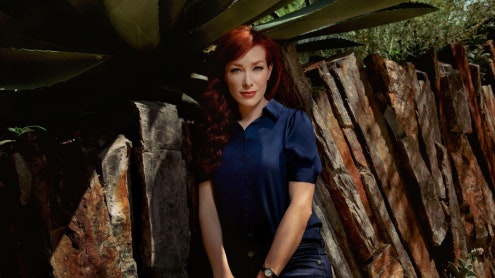Homepage
•
Learning Library
•
Blog
•
Teach Students To Find the ‘Why’ Behind the ‘How’
Expand breadcrumbs
Expand breadcrumbs
- Learning Library
- Blog
- Teach Students To Find the ‘Why’ Behind the ‘How’
- Homepage
- •
- Learning Library
- •
- Blog
- •
- Teach Students To Find the ‘Why’ Behind the ‘How’
Teach Students To Find the ‘Why’ Behind the ‘How’
By Nicole Krueger
May 25, 2023








